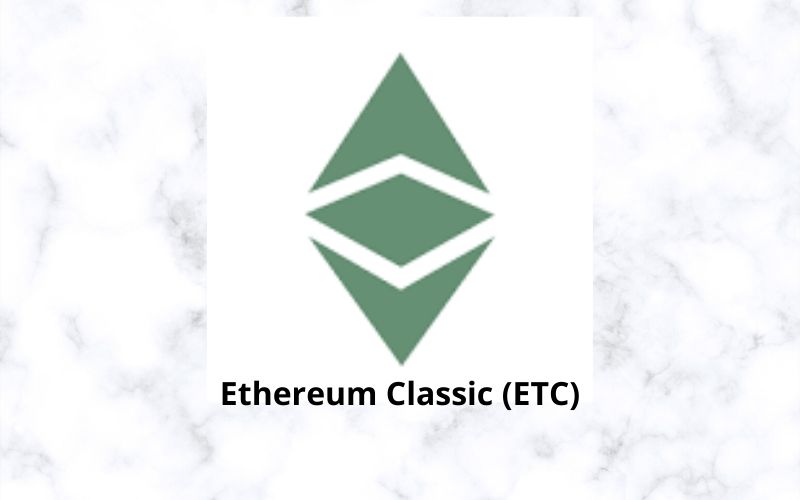Ethereum Classic (ETC) has recently announced the release of EVM-LLVM Project Alpha. According to the report, the EVM-LLVM introduces LLVM infrastructure into EthereumStack, which gives the developers the ability to use a large scope of programming languages to aim the Ethereum Virtual Machine (EVN).
EthereumStack will also benefit from LLVM’s mature tooling-ecosystem of debugging, static analysis, and others. The benefits it’s coming with make it an anticipated project within the EthereumStack communities.
Meaning of LLVM
According to the report shared by ETC-Core via its Medium page, LLVM is a library that is used to construct, optimize, and produce intermediate or binary code.
LLVM can serve as a compiler framework where front-end and backend are provided. Several types of front-ends such as Rust, Objective C, FORTRAN, Ada, Haskell, Java bytecode, Python, Ruby, ActionScript, GLSL, and others are supported by LLVM.
Additionally, LLVM also gives room to users to support new target platforms. That’s why EVM is necessarily introduced.
LLVM brings more programming languages, mature toolchain support, Future-proof and long-term support to the EVM based blockchain ecosystem.
Upcoming Partnerships for ETC Core
According to the report, ETC Core will be partnering with Second State to complete a build pipeline for EVM. The SOLL compiler belonging to Second State usually generate fitting LLVM-IR that is capable of using the LLVM-EVM-backend for translation into EVN-bytecode.
Michael Yuan from Second State said this, “The LLVM-EVM project complements the SOLL compiler to provide an EVM target for the compiler toolchain. The EVM is the dominant smart contract execution engine today. We believe that EVM and Ewasm (eg the Second State VM) will co-exist for the foreseeable future. LLVM-EVM together with SOLL bridges and unifies the developer experience between EVM and Ewasm.”
The update also added that the Vyper team is as well doing a proper test using code generation on LLVM infrastructure.
